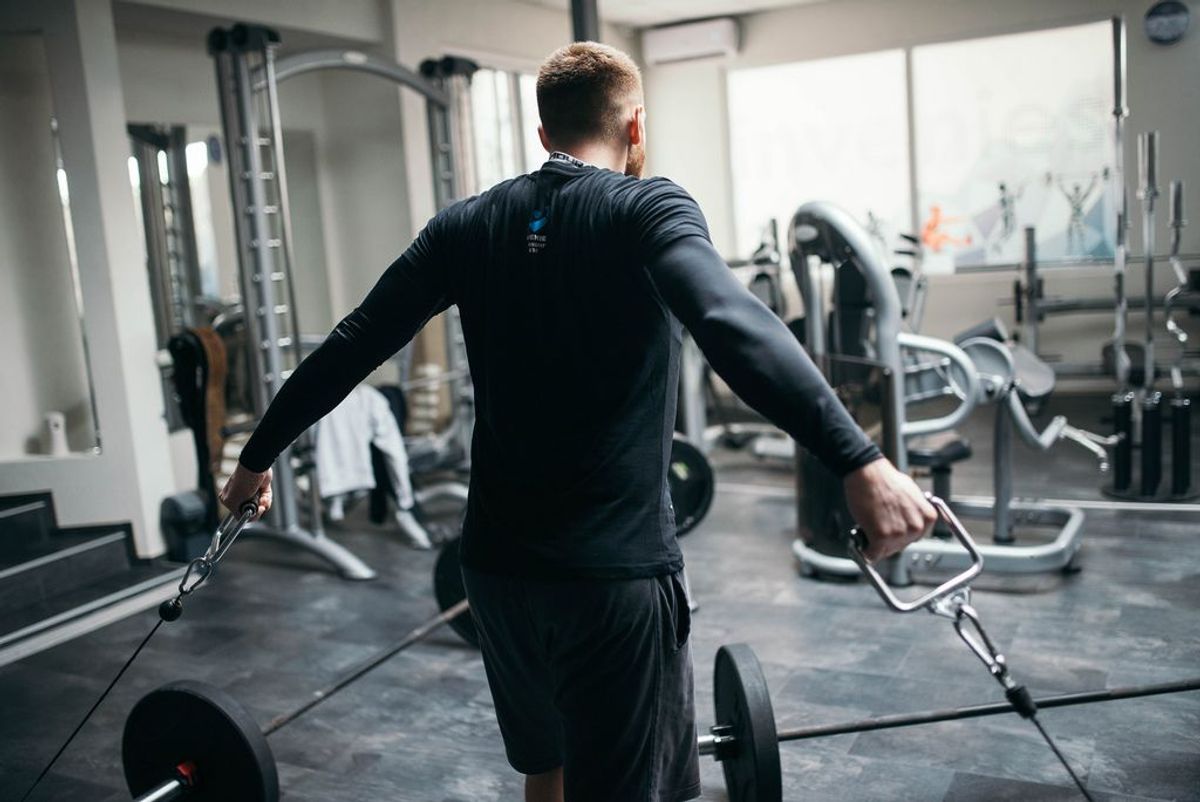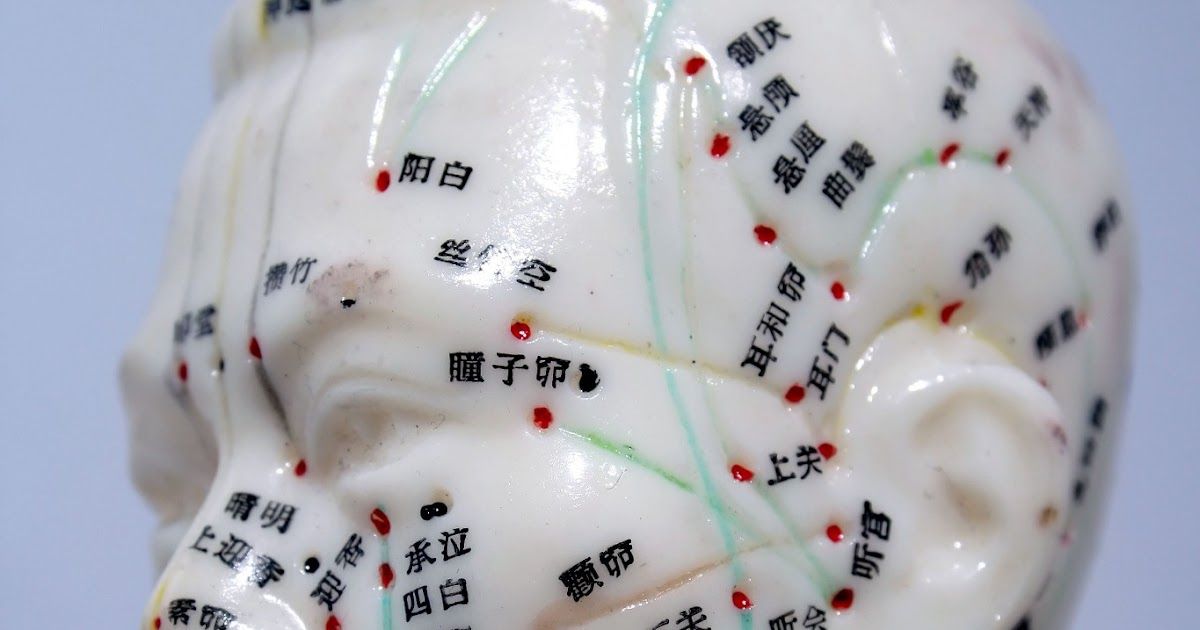
Speed Your Stride: Essential Nutrition Tips for Muscle Recovery Post-Exercise
Fueling Up: What to Eat Before You Sweat

Timing Your Pre-Workout Meals
Nailing the timing of your pre-workout meals can be as crucial as the workout itself. Eating too close to your exercise time can lead to discomfort, while eating too early might leave you running on empty. As a general rule, aim to eat a substantial meal 2-3 hours before your workout, or a smaller snack 30-60 minutes prior.
Meal timing isn't just about avoiding a stitch; it's about ensuring your body has the right fuel at the right time. Here's a quick guide:
- 2-3 hours before exercise: Full meal with carbs, protein, and fats
- 30-60 minutes before exercise: Small snack that's low in fat and fiber, high in carbs
Remember, everyone's digestive system is different. It's important to listen to your body and adjust these guidelines to suit your individual needs.
Hydration should also be part of your pre-workout routine. Drink water throughout the day and have one last glass about 30 minutes before starting. This helps ensure you're well-hydrated but not uncomfortably full of water.
Best Foods for Sustained Energy
When it comes to keeping your energy levels steady during a workout, the right fuel is key. Complex carbohydrates are your go-to source for sustained energy. They break down slowly, providing a steady stream of glucose to your muscles. Think whole grains, legumes, and starchy vegetables.
Protein also plays a crucial role, but not just any protein. You want to aim for lean sources that won't weigh you down. Here's a quick list of power-packed foods that'll keep you going strong:
- Oatmeal with a scoop of almond butter
- Quinoa salad with chickpeas
- Baked sweet potato with a side of grilled chicken
Remember, the goal is to fuel your body with foods that provide long-lasting energy without causing a spike and crash in blood sugar levels.
Hydration is another critical factor. Sipping on water throughout the day keeps your energy up and supports overall health. So, don't skimp on the H2O!
Hydration: The Unsung Hero
While you're focused on getting those carbs and proteins in, don't overlook the power of staying hydrated. Water is crucial for every cellular function in your body, especially when it comes to repairing those muscles post-workout. But it's not just about chugging water; it's about doing it right.
Hydration isn't just about drinking water before and after exercise. It's a continuous process that supports your body's recovery and overall function. Here's a quick rundown on how to stay on top of your hydration game:
- Drink water throughout the day, not just during workouts.
- Monitor the color of your urine to gauge hydration levels.
- Replenish fluids after sweating it out, considering the intensity and duration of your exercise.
Remember, your muscles are about 75% water, so when you're dehydrated, recovery can't happen as efficiently. Keep that water bottle handy and sip your way to better muscle recovery.
The Recovery Window: Post-Workout Nutrition Basics

Understanding the Importance of Protein
After you've crushed your workout, your muscles are like a construction site: they need the right building blocks to repair and grow. Protein is the foreman of this site, directing the repair of muscle fibers and facilitating growth. Without enough of it, your recovery could be as slow as traffic at rush hour.
Protein isn't just about quantity, though. Quality matters too. Opt for complete proteins that contain all the essential amino acids your body can't make on its own. Here's a quick list of protein-packed foods to consider:
- Chicken breast
- Greek yogurt
- Cottage cheese
- Eggs
- Quinoa
- Tofu
Remember, the goal isn't to overload on protein, but to consume it in well-timed doses that align with your body's natural recovery processes.
Timing is also key. Aim to get a protein-rich snack or meal within 45 minutes after your workout. This is when your muscles are most receptive to nutrients and the magic of muscle synthesis happens.
Carbs Are Your Friend
After pushing your muscles to the limit, it's time to refuel, and carbs are your powerhouse. They're not just a source of quick energy; they play a pivotal role in muscle recovery. When you exercise, your body taps into glycogen stores for fuel, and carbs help replenish these stores.
Glycogen restoration is crucial, and that's where carbs come in. They stimulate insulin release, which in turn helps shuttle protein to your muscle cells, kickstarting the repair process. Here's a quick list of carb-rich foods that are great for post-workout:
- Sweet potatoes
- Quinoa
- Brown rice
- Fruits like bananas and berries
- Oatmeal
Remember, the type of carbs you choose matters. Opt for whole grains and fiber-rich fruits to get the most bang for your buck.
Timing is also key. Try to consume carbs within a 30-minute window after your workout to maximize recovery. This is when your muscles are primed to absorb nutrients most effectively.
The Role of Fats in Muscle Repair
When it comes to muscle repair, fats are more than just a backup dancer; they're a key player in the recovery process. After a grueling workout, your body needs the right kind of fats to help reduce inflammation and repair cell membranes. Omega-3 fatty acids, found in fish, flaxseeds, and walnuts, are particularly effective at this.
Monounsaturated and polyunsaturated fats should be your go-to's post-exercise. They not only aid in muscle repair but also help with hormone production and the absorption of fat-soluble vitamins.
Remember, not all fats are created equal. Trans fats and excessive saturated fats can be counterproductive, so focus on quality sources.
Here's a quick list of fat sources to include in your post-workout meal:
- Avocado
- Nuts and seeds
- Olive oil
- Fatty fish like salmon
Incorporating these fats into your meals can help ensure a smoother recovery and get you ready for your next workout session.
Supplements and Superfoods: Boosting Your Recovery Naturally

Navigating the World of Supplements
Diving into the world of supplements can feel like wading through a sea of endless options. It's crucial to know what you're looking for and why. Supplements can be a powerful ally in your recovery arsenal, but they're not all created equal.
Protein powders, BCAAs, creatine, and omega-3s are popular picks, but here's the deal: not every supplement is necessary for every person. Your individual needs should drive your choices.
- Protein Powders: For muscle repair
- BCAAs: For reducing muscle soreness
- Creatine: For energy production
- Omega-3s: For inflammation reduction
Remember, real food should always be your first go-to. Supplements are just that—supplementary. They fill the gaps that your diet might leave open, especially when your body is in recovery mode.
Superfoods that Speed Up Recovery
When it comes to bouncing back after a grueling workout, superfoods are your secret weapon. These nutrient powerhouses help reduce inflammation, replenish your body's nutrient stores, and speed up muscle repair. Chia seeds, for instance, are loaded with omega-3 fatty acids, which are essential for reducing muscle soreness.
Berries are another group of superfoods that should be on your radar. Packed with antioxidants, they help fight the oxidative stress that comes with intense exercise. Here's a quick list of some superfoods to include in your recovery arsenal:
- Blueberries: Combat oxidative stress
- Spinach: Rich in iron and magnesium
- Salmon: Full of omega-3 fatty acids and protein
- Nuts and seeds: Provide healthy fats and protein
- Avocado: Offers potassium and heart-healthy fats
Remember, incorporating a variety of these superfoods into your diet can help ensure you're getting a broad spectrum of nutrients essential for recovery. Don't just stick to one; mix it up for the best results!
Natural Anti-Inflammatory Aids
When it comes to cooling down the fires of inflammation, nature's got your back. Turmeric, with its active compound curcumin, is a heavyweight champion in the anti-inflammatory arena. But it's not just about popping a pill; absorption is key. Pairing turmeric with black pepper enhances bioavailability, making sure your body reaps the benefits.
Remember, inflammation is your body's natural response to injury or stress, but keeping it in check is crucial for recovery.
Here's a quick hit list of other natural soothers to add to your post-workout routine:
- Omega-3 rich foods like salmon and chia seeds
- Antioxidant-packed berries
- Ginger, another potent anti-inflammatory root
- Green tea, for a gentle caffeine kick and polyphenols
Incorporating these foods into your diet can help reduce inflammation and speed up muscle recovery, so you can get back to doing what you love, faster.
Hydration and Electrolytes: Balancing Your Body's Fluids

Why Water Isn't Just Water Post-Exercise
After a good sweat session, reaching for a glass of water feels like a natural reflex. But here's the thing: post-exercise hydration is about more than just quenching thirst. It's about restoring the balance that your body has lost through sweat and exertion.
Electrolytes, like sodium, potassium, and magnesium, are the unsung heroes that keep our cells functioning properly. When you exercise, you're not just losing water; you're also sweating out these vital minerals. That's why simply guzzling water might not be enough. You need to replenish your electrolytes to maintain nerve function, muscle control, and proper hydration levels.
- Drink water with a pinch of salt after intense workouts.
- Consider an electrolyte replacement drink if you've been sweating for more than an hour.
- Eat a banana or a small handful of nuts to restore potassium and magnesium levels.
Remember, the goal is to rehydrate and rebalance. Listen to your body and give it the hydration and electrolytes it needs to recover effectively.
Electrolytes Explained
Think of electrolytes as your body's spark plugs; they're minerals that carry an electric charge and play a crucial role in maintaining fluid balance, muscle contractions, and nerve signaling. Without the right balance of electrolytes, your post-workout recovery could fizzle out.
Electrolytes include sodium, potassium, calcium, magnesium, and chloride. After a sweat session, you've not only lost water but these vital minerals too. Here's a quick rundown of what each one does:
- Sodium: Regulates fluid balance and blood pressure, and is essential for muscle and nerve function.
- Potassium: Important for muscle contractions and heart rhythm, also helps counteract the effects of too much sodium.
- Calcium: Besides its role in bone health, it's crucial for muscle contractions and nerve signaling.
- Magnesium: Involved in over 300 biochemical reactions in the body, it helps with muscle recovery and relaxation.
- Chloride: Works with sodium to keep fluid balance in check and aids in digestion.
Remember, replenishing electrolytes isn't just about guzzling a sports drink. You can get these minerals from a balanced diet filled with fruits, veggies, dairy, and nuts. It's all about the right mix!
Signs of Dehydration and Overhydration
Recognizing the signs of dehydration and overhydration is crucial for any fitness enthusiast. Dehydration can sneak up on you, leaving you feeling dizzy, fatigued, and with a dry mouth. But don't think guzzling water is always the answer; too much can lead to overhydration, causing nausea and headaches.
Keep an eye out for the color of your urine – it's a telltale sign of your hydration status. Dark yellow means grab a glass of water, while clear might mean ease up a bit.
Here's a quick rundown of symptoms to watch for:
- Dehydration: Thirst, dry skin, dark urine, fatigue, dizziness
- Overhydration: Swelling in the hands and feet, confusion, clear urine
Remember, balance is key. Sip water throughout the day, and if you're sweating buckets, consider an electrolyte solution to keep things in check.
Meal Timing and Frequency: Structuring Your Nutrition for Optimal Recovery

When to Eat for Maximum Muscle Recovery
Nailing the timing of your post-workout meal is like hitting the jackpot for muscle recovery. The golden rule? Aim to refuel within 45 minutes to an hour after your workout. This is when your muscles are most receptive to the nutrients that kickstart the repair process.
Protein is the star of the show here, but don't sideline carbs – they're crucial for replenishing glycogen stores. Here's a quick rundown of what an ideal post-exercise plate might look like:
- Protein: Grilled chicken breast or tofu
- Carbs: Sweet potato or brown rice
- Fats: A handful of almonds or avocado slices
Remember, the sooner you can supply your muscles with the right nutrients, the better your recovery will be. This isn't the time to skimp on quality or quantity – your body needs these building blocks to bounce back stronger.
How Often Should You Refuel
Figuring out the optimal frequency for refueling your body after a workout can be a game-changer for muscle recovery. Listen to your body and its hunger signals; they're your best guide. For most people, eating every 3 to 4 hours is a solid strategy to maintain energy levels and support muscle repair.
Meal frequency isn't just about the clock, though. It's about the quality and balance of the nutrients you're taking in. Here's a simple breakdown:
- Post-Workout: Aim for a meal or snack within 45 minutes to an hour.
- Snacks: Include a mix of protein, fats, and carbs.
- Meals: Should be well-rounded, with a larger portion of your daily nutrients.
Remember, the goal is to fuel your body in a way that supports recovery and replenishes what you've expended during exercise. Overeating or undereating can both be detrimental to your recovery process.
Late-Night Snacking: Good or Bad?
The debate around late-night snacking is as old as fitness itself. Should you or shouldn't you indulge in a midnight munch? Well, it's not a simple yes or no answer. Your body's needs don't clock out when the sun goes down. If you're feeling peckish post-dinner, it's important to listen to your body's cues.
Hunger signals shouldn't be ignored, even late at night. But the key is choosing the right snacks. Opt for foods that are easy on the stomach and conducive to sleep. Here's a quick list of late-night snack options that won't derail your recovery:
- Greek yogurt with a drizzle of honey
- A small bowl of cottage cheese with pineapple
- A handful of almonds or walnuts
Remember, the goal is to provide your body with the nutrients it needs without overloading it right before bed. A light snack that's high in protein and low in sugar can aid muscle repair and prevent morning hunger pangs without disrupting your sleep.
As for the bad rap that late-night snacking gets, it's often due to the choices we make, not the timing. Binging on sugary, fatty, or heavy foods can lead to poor sleep and weight gain. So, if you're going to snack, make it count for your recovery, not against it.


